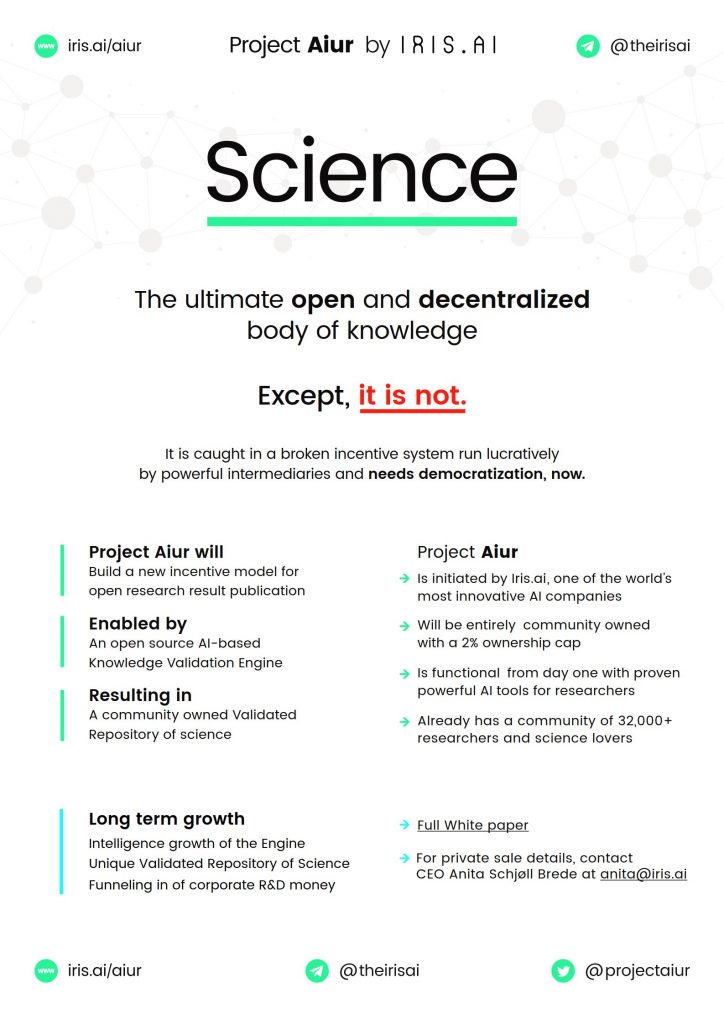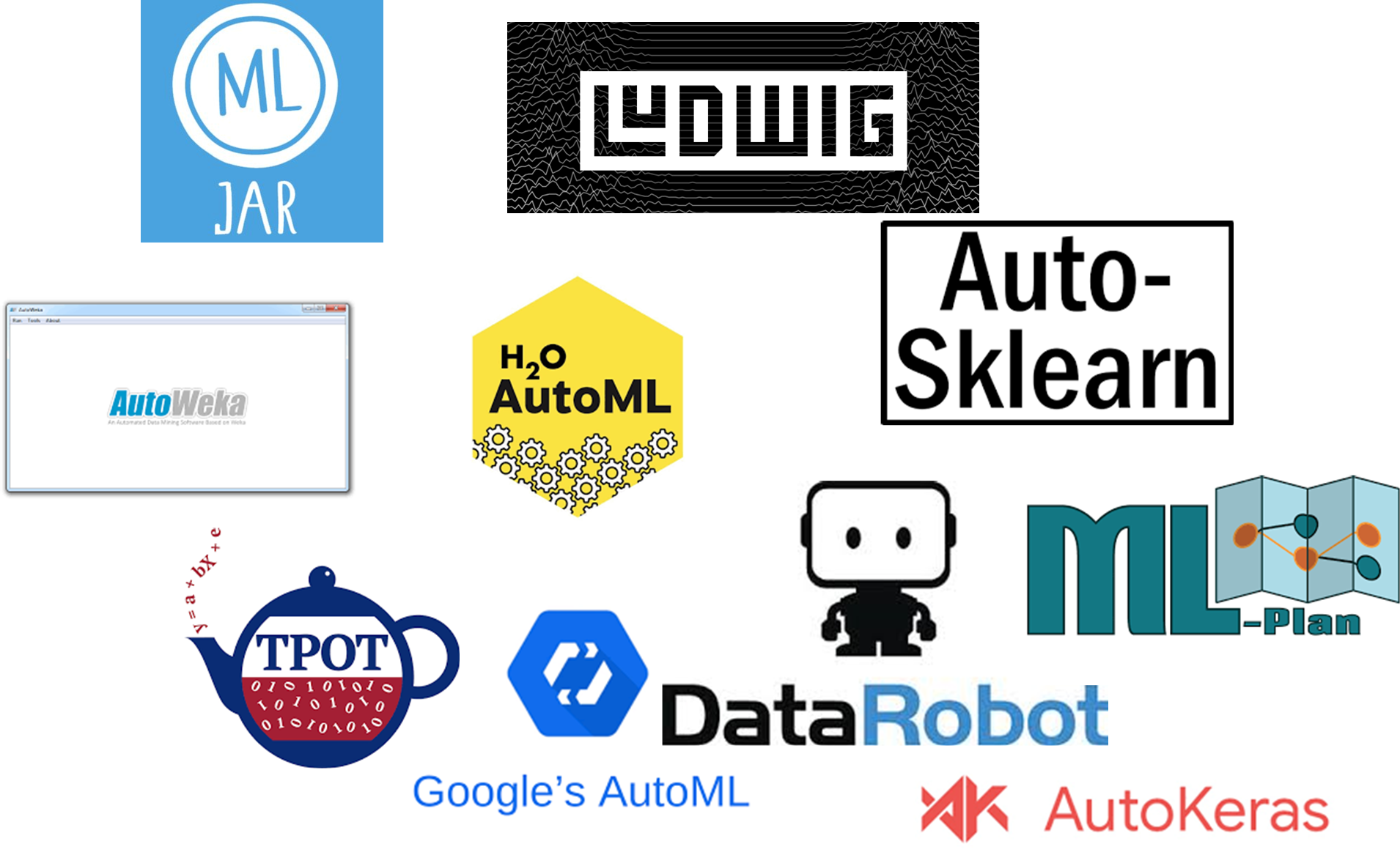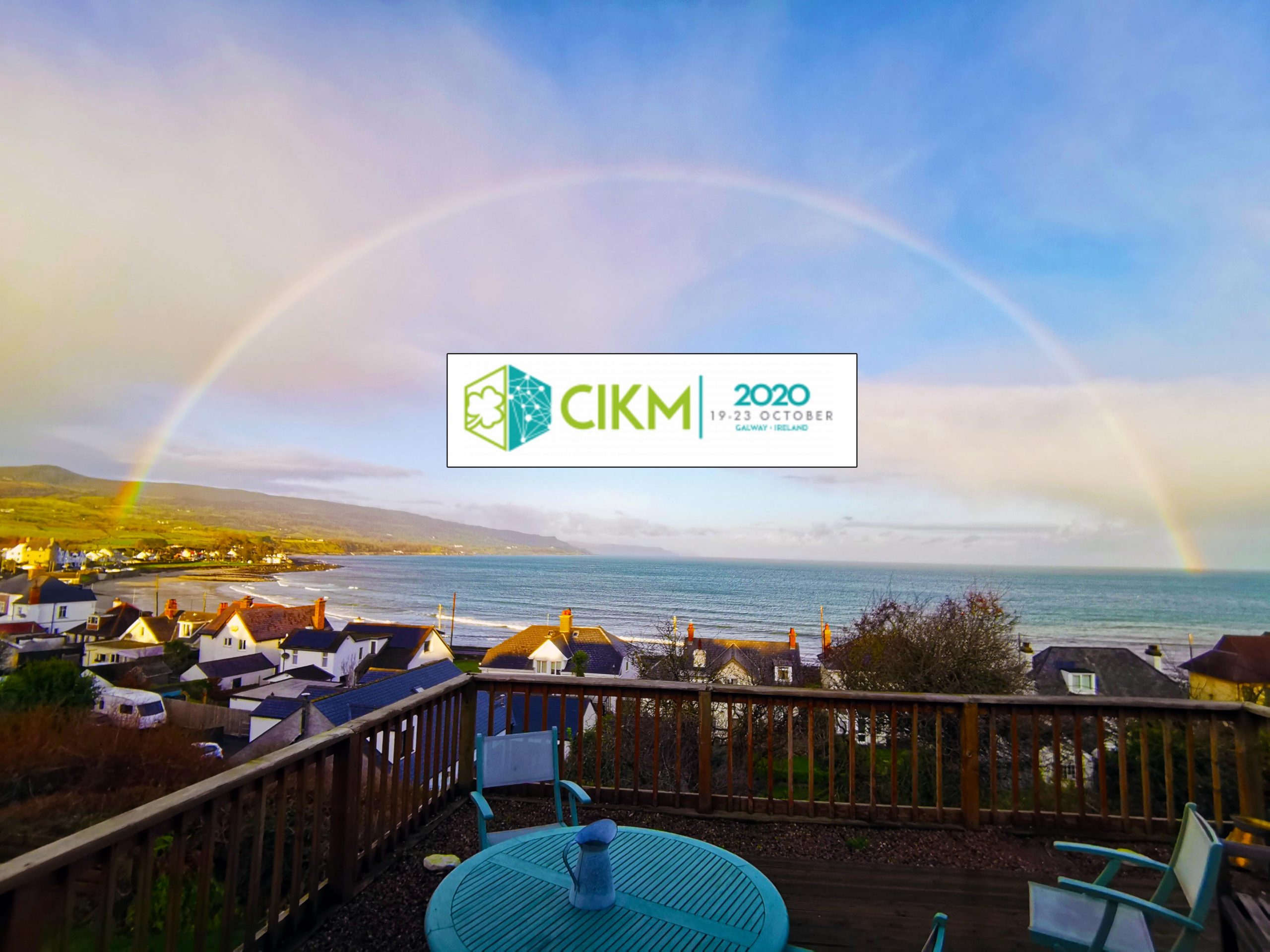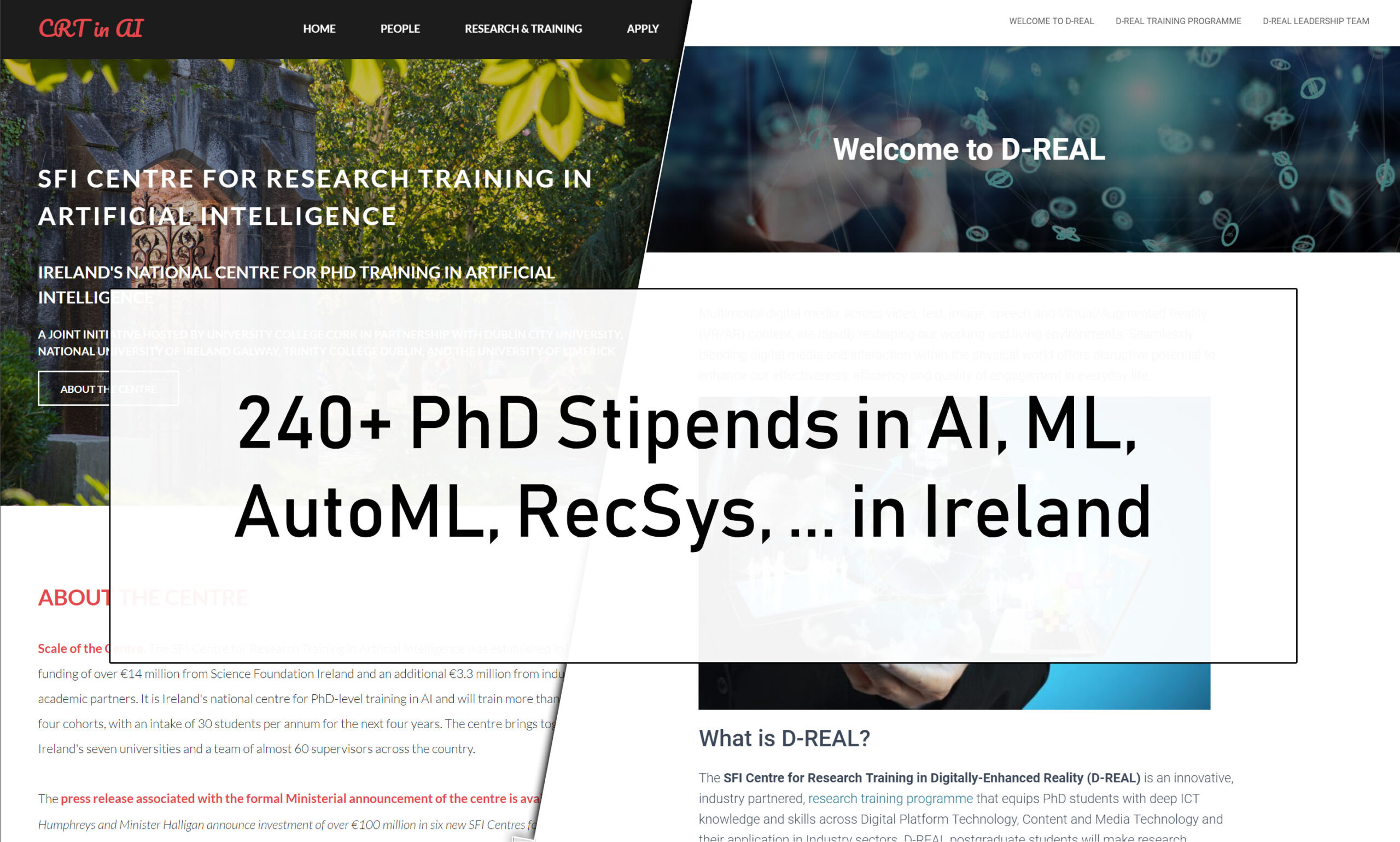I am on the advisory board of Iris.ai, a business start-up in the field of open science, blockchain, and artificial intelligence. Iris.ai was founded in 2015 and since then has released several exciting products that have the potential to revolutionize how scientists work.
With their latest project, Project Aiur, the team behind Iris.ai envisions a world where the right scientific knowledge is available at our fingertips; where all research is validated and reproducible; where interdisciplinary connections are the norm; where unbiased scientific information flows freely; where research already paid for with our tax money is freely accessible to all.
To realize Project Aiur, Iris.ai sells “AIUR tokens”, a new currency that could be the central currency in a new world of science. Besides granting membership, AIUR will be used to give access to the KVE and any other tools developed on top of the community’s software. Anyone who contributes to the community with things like code, training data and research earn AIUR tokens. Having tokens gives voting rights.
The community will consist of people contributing: AI trainers, coders, people finding bugs, and researchers and reviewers. It will also have people using the tools developed, and this includes software developers building tools on top of the community software, R&D departments and research institutes, academic departments and consortia, and individual researchers. Because the AIUR tokens can be earned through contributions to the community it is what’s called a “functional token”, as opposed to a pure “currency” or “security”. These tokens are the only way to get access to the Aiur tools, and they also function as a voucher, or a discount, to tools built on top of Aiur. This also means this project is not made for people aiming to make a quick buck. It is for those who genuinely believe in the long-term goals and want to contribute in some way.
Beyond building a new economic model, using the blockchain also adds massive value on three other fronts:(1) Censorship resistance. The publishing process has a number of systematic biases, meaning essentially not all researchers are considered equal and thus their research will be harder to find in search engines. (2) By combining blockchain and AI, Iris.ai can build
software with a community, fully traceable, including open data sets. (3) Usually, anonymity is a benefit of the blockchain, but for us, it’s the flip-side of anonymity: full scrutiny, through entity-independent trust. Which basically means everyone will have their research scrutinized, no matter who you are.
When the project launches, Iris.ai will sell tokens, aiming to raise EUR$ 10M (or rather, the equivalent in Ether, which is the currency Iris.ai will accept). If Iris.ai don’t reach at least 60% of this goal within a month, everyone gets their money back – and Iris.ai won’t take in more than 5x the goal. 75% of the funds raised will belong to the community, and be paid out to those who help reach the initial milestones. Iris.ai will do their best, and invite everyone to contribute. The
remaining 25% will go to Iris.ai for the execution of the initial project.
Iris.ai is essentially hired as a consultant for the project until it’s solid enough to manage on its own. In the first phase, Iris.ai will keep 50% of the AIUR tokens to have a certain level of control, but (by contract!) they release the control and give back all tokens so they only become a 2% holder when the community is ready to manage itself.
To read more on this project, or to buy tokens, visit https://projectaiur.com/.




0 Comments